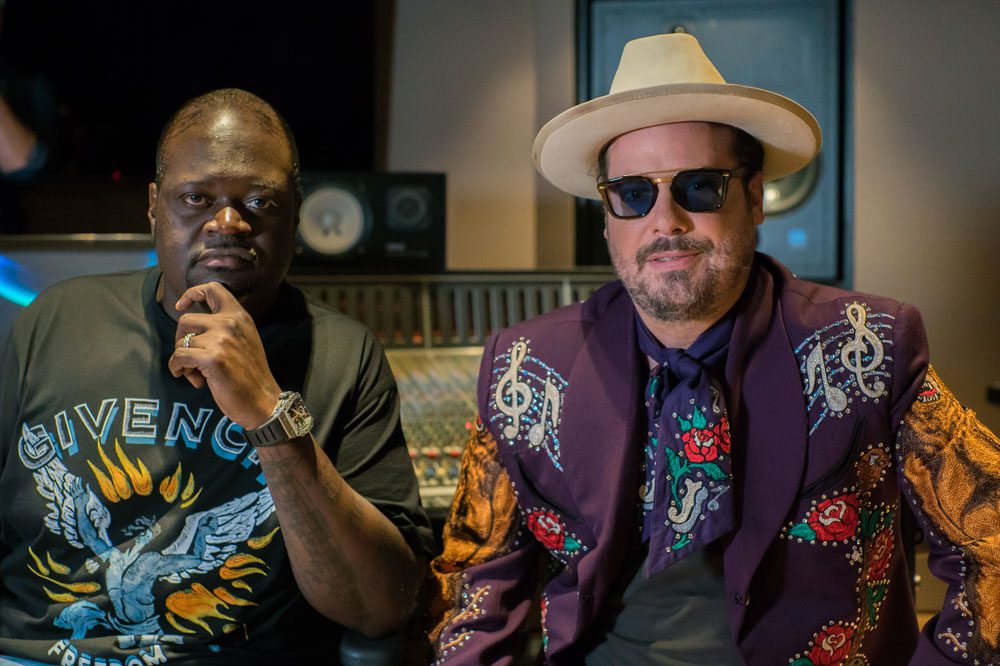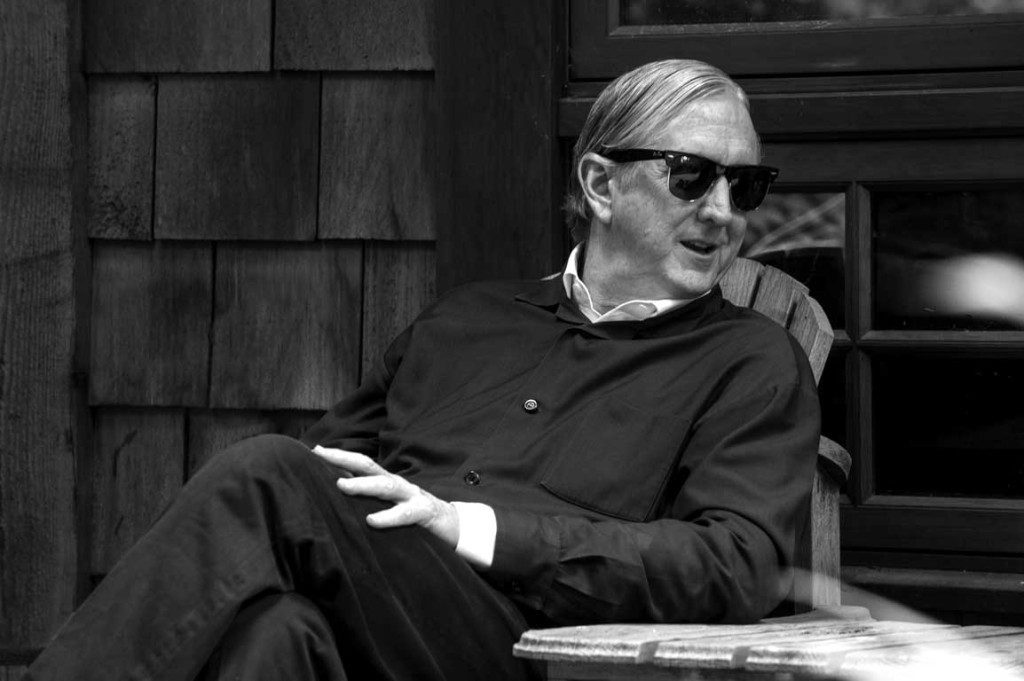
Zac Brown has found himself in the company of a cast of unique characters.
The country star and frontman of the Grammy Award winning Zac Brown Band is set to be the next guest on the innovative new podcast, Bear and a Banjo. Launched in October through iHeart Radio, Bear and a Banjo was created by Jason “Poo Bear” Boyd and Jared Gutstadt, a pair of elite producers whose client list ranges from Steven Tyler to Usher. Boyd is most commonly known for his work on Justin Bieber’s catalog, penning such hits as “What Do You Mean?” and his duet with Ed Sheeran, “I Don’t Care.” He also produced the wildly popular remix of “Despacito” and co-wrote the superstar’s new collaboration with country duo Dan + Shay on “10,000 Hours.” Meanwhile, Gutstadt is a songwriter and producer who has ventured into the world of country music, working with the likes of Dierks Bentley, Brad Paisley and Angaleena Presley of acclaimed trio Pistol Annies.
The longtime collaborators have joined forces to create the larger-than-life podcast that’s described as “an immersive musical journey through old weird America during the big bang of recorded sound.” With Boyd as “Bear” and Gutstadt as “Banjo,” they transform into a fictitious Americana duo traveling through time from the 1930s to 1970s, visiting monumental moments in American history, with music serving as the throughline between each story. Each of the eight episodes turns a significant moment in music into vibrant folklore, whether helping blues legend Leadbelly escape a chain gang to witnessing gospel icon Sister Rosetta Tharpe’s extravagant wedding at Griffith Stadium in Washington D.C. in 1951. All eight episodes feature an original song written by Boyd and Gutstadt, while Bob Dylan contributes to the podcast as co-writer of “Gone But Not Forgotten” in the final episode.
With Dennis Quaid acting as the character of Dr. Q, who narrates Bear and Banjo’s journeys through history, the podcast is more of a cross between musical theatre and the storytelling nature of vintage radio, with writer and producer Bill Flannigan comparing it to the way Roy Rogers and John Wayne told stories “but a different cast of characters,” he says in an introductory video. “Podcasts haven’t really leveraged the power of music yet and to be able to create a first of its kind musical for the podcast space seems like a no brainer,” adds Gutstadt.
Brown stars in episode five, titled “Can You Hear Me Now?,” released today, as a guest actor who discovers one of Bear and Banjo’s songs that gets its namesake from the episode. In Brown’s remix of “Can You Hear Me Now?” it feels as though you’ve been thrust into a chaotic universe through the stormy beat of guitar intertwined with banjo and layered with R&B production, creating an eclectic mix of Americana and hip-hop. The country singer also collaborated with Boyd on his experimental new album The Controversy on such tracks as “Time” and “Dream Sellin’.”
Brown and Poo Bear’s individual versions of “Can You Hear Me Now?” will be available to stream on Friday. Bear and a Banjo is set to culminate with an album produced by T Bone Burnett that features all eight songs created during the series.



